The Women Deliver 2019 Conference was one step on the march towards a more gender equal world. With more than 8,000 people – including heads of states, ministers, parliamentarians, academics, advocates, activists and journalists - from over 165 countries on site and more than 100,000 people joining around the world through satellite events and the virtual conference, WD2019 connected advocates and decision makers, fueled global and country-level action, and shined a global spotlight on the importance of gender equality. The new ideas, inspiration, and solutions shared at the conference will continue to inspire the world to harness power for good, demonstrate the power of gender equality, and catalyze investment in women-focused organizations and in sexual and reproductive health and rights.
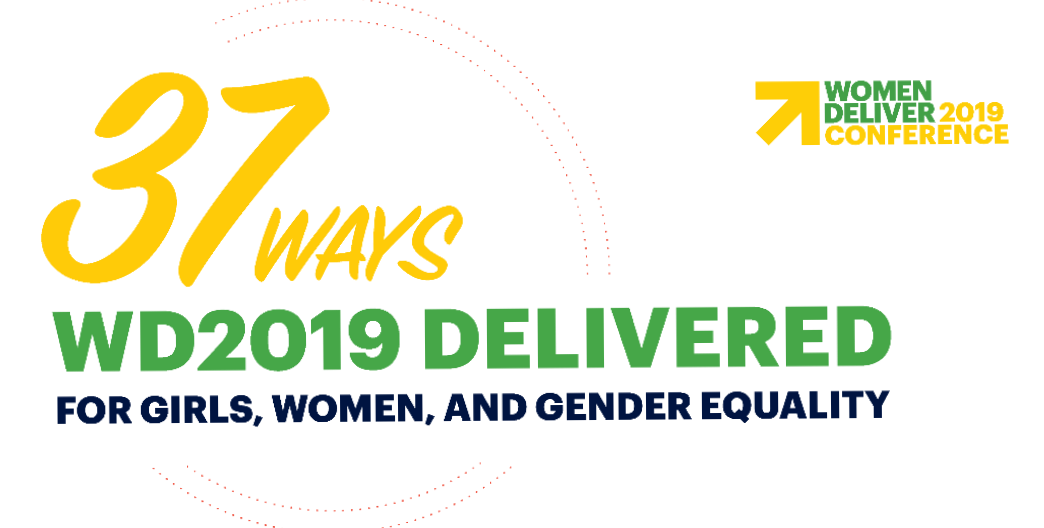
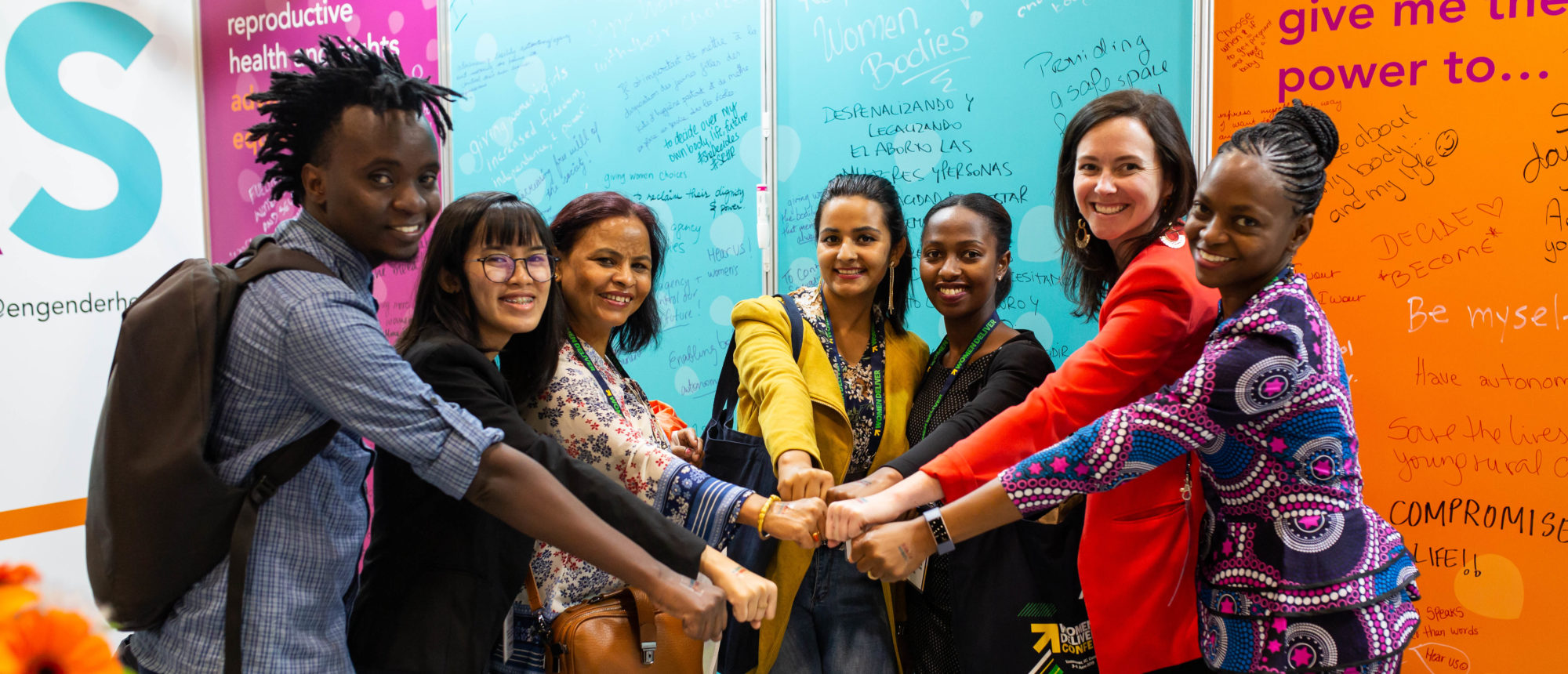
Here are just 37 of the ways that the Women Deliver 2019 Conference delivered for girls and women:
WD2019 catalyzed investment - financial, political, and programmatic - in gender equality, including women-focused organizations and SRHR.
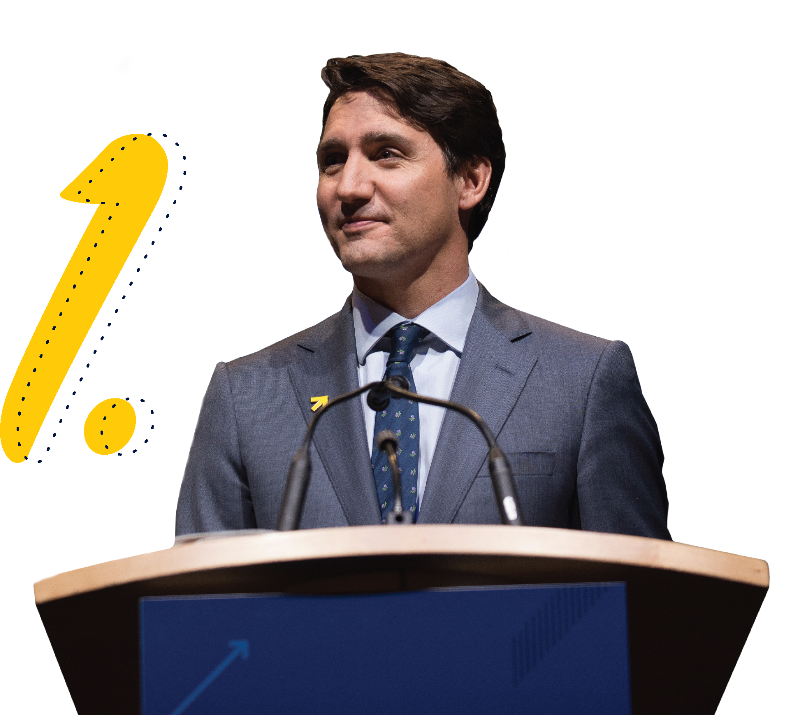
1) Prime Minister Trudeau announced that the Government of Canada will raise its funding to CAD 1.4 billion annually to support women and girls’ health around the world. That includes an additional CAD 300 million a year dedicated to sexual and reproductive health rights, including access to safe abortion.
2) The Government of Canada announced that it will work with the Equality Fund -- a consortium of Canadian and international organizations with expertise in international development, investment, and philanthropy that are also deeply rooted in, and connected to, women’s organizations and movements. By committing up to CAD 300 million, Canada helped to establish this innovative, 'first of its kind' partnership that will contribute to bridging the funding gap faced by women's organizations and movements working to advance gender equality and the empowerment of women and girls in developing countries. The Equality Fund consortium has already raised 100 million from Canadian and international philanthropic foundations and has the ambition to leverage more than 1 billion in assets working for gender equality.
3) President Uhuru Kenyatta committed to ending female genital mutilation by 2022, pushing for more women in parliament and power in general, ending child marriage, acting on climate change, and making primary and secondary education compulsory for all children, regardless of gender.
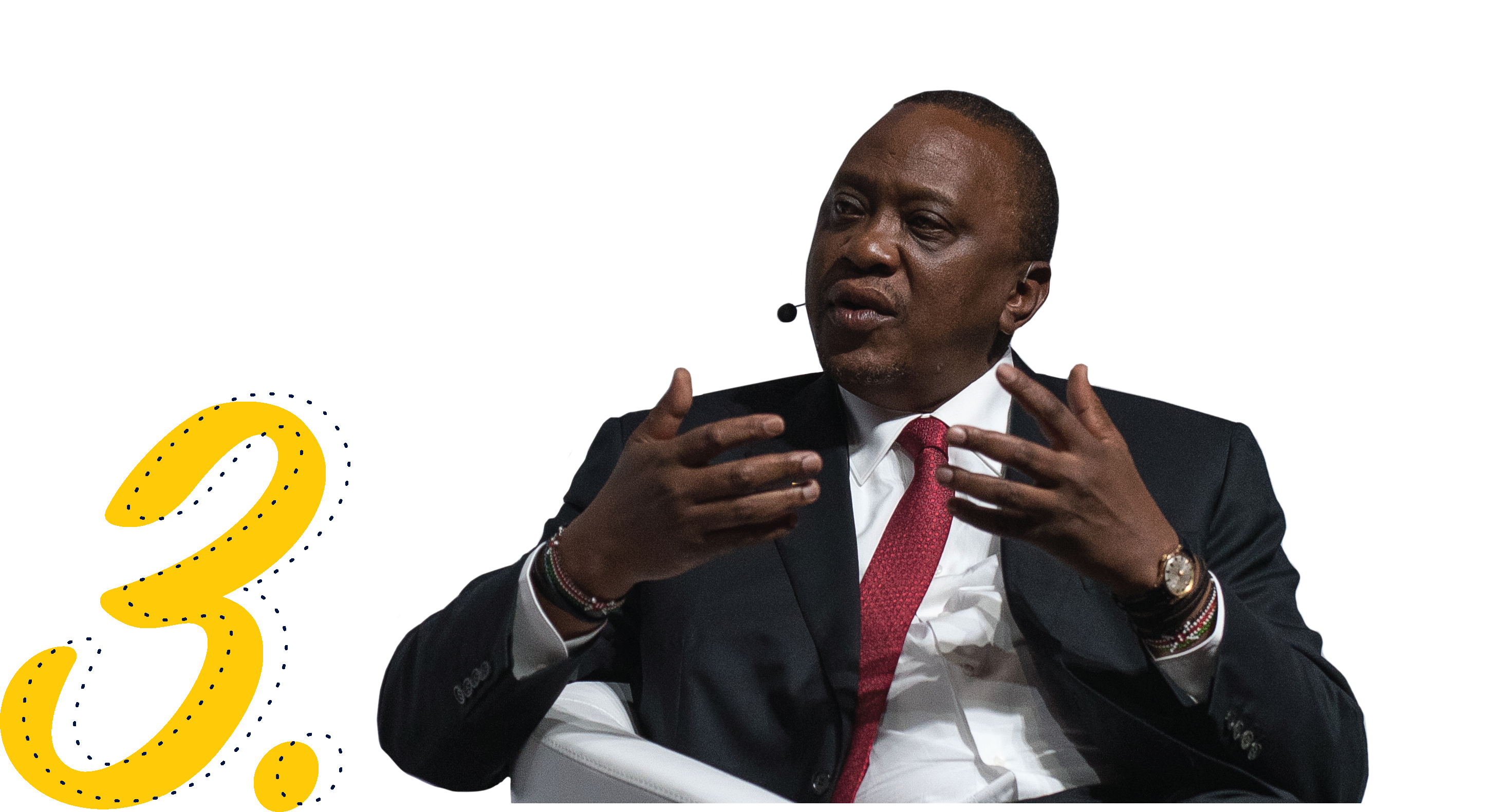
4) The Humanitarian Pre-Conference provided a unique forum for women-focused CSOs to directly advocate with donors and international organizations about the concrete actions needed to drive a more feminist and localized approach to humanitarian aid.
5) For the first time ever, FGM/C NGOs, grassroots and survivor-led organizations from across the globe came together around a common goal of ending FGM/C by 2030 and supporting survivors of the practice, and released a unified Call to Action.
6) The Deliver for Good Business Ally Network launched to promote private sector engagement toward gender equality across the Sustainable Development Goals. Through this announcement, and the work of the new network, Merck and P&G are working alongside more than 400 leading civil society organizations and governments to drive solutions toward a more gender equal world.
7) The UN Foundation announced new and expansive commitments from ten global companies to improving the health and empowerment of a combined more than 250,000 women workers and community members around the globe.
8) At the Gender-Smart Investing Summit on the sidelines of WD2019, almost 200 top innovators representing trillions in assets under management, all gathered to address bottlenecks that inhibit the deployment of more capital in support of gender equality.
9) Pro Mujer announced a new joint venture with Deetken Impact to manage the Ilu Women’s Empowerment Fund. This fund invests in a diversified portfolio of high-impact businesses in Latin America and the Caribbean that promote women in leadership and governance, products, and services that meet the needs of women and girls, gender-sensitive value chains, and workplace equity.
10) The Global Parliamentary Alliance on Health, Rights, and Development was created – the first ever global platform for parliamentarians to advocate for better health care, expand human rights, and meet the Sustainable Development Goals both in their home countries and abroad.
11) The second Generation Now: Our Health, Our Rights pre-conference co-hosted by the International AIDS Society and Women Deliver welcomed hundreds of youth and adult change-makers from around the world, and inspired multiple commitments to advocate for linked SRHR and HIV services, systems and policies.
At WD2019, partners unveiled new research and data that demonstrates the power of gender equality.
12) McKinsey Global Institute released a report, The Future of Women at Work, which explores the impact of automation on the global workforce through a gender lens. The research found that navigating transitions will put women on a path to more productive, better-paid work and greater gender equality, but failing to do so could worsen existing challenges and widen gender disparities. The report also found that women’s progress toward equality in the workplace continues to lag behind social indicators of equality, even though narrowing gender gaps could add $12 trillion to the global economy in 2025. Gender equality champions can use this new information to push for investments in girls and women so the future of women at work drives progress for all.
13) A new study was announced, conducted by the Population Council and with Women Deliver, found a strong and consistent lifelong negative association between giving birth before age 18 and a woman’s economic empowerment. This important research adds to the vital evidence base that investing in SRHR could have a positive economic impact.
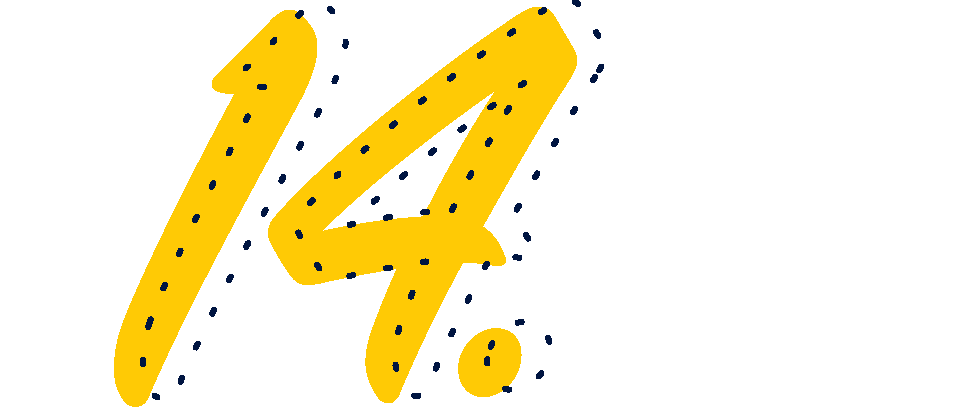
14) Equal Measures 2030 launched The SDG Gender Index, the most comprehensive tool available to measure the state of gender equality aligned to the SDGs. Results from 129 countries measured by the Index show that the world is far from achieving gender equality, with 1.4 billion girls and women living in countries that get a “very poor” failing grade on gender equality.
Overall, countries performed best on issues where coordinated and concerted policy focus and funding has been directed over the past 10-20 years, including on hunger and nutrition (SDG 2), water and sanitation (SDG 6), health (SDG 3), and education (SDG 4). This new tool will help advocates show how investing in gender equality is necessary for sustainable development.
15) Women Deliver, Girl Effect, and the Government of Canada (Global Affairs Canada), announced a new research initiative focused on engaging youth as researchers and advocates around youth sexual and reproductive health and rights. The multi-country project will take place in India, Malawi, and Rwanda and will engage youth as advisors, researchers, and advocates. The new initiative will demonstrate the power of meaningful youth engagement in research.
16) Plan International released a new report that revealed that a vast majority of girls worldwide want to take leadership positions in the workplace, politics and wider society, yet more than 9 out of 10 believe as women leaders they will suffer widespread discrimination and sexual harassment. Understanding these types of attitudes will help the world address obstacles to more women in leadership.
17) The State of the World’s Fathers Report launched, alongside a new Paternity Leave Corporate Task Force and MenCare Commitment, finding that while 85 percent of fathers say they would do anything to be very involved in caring for their new child, they are still taking on far less than mothers. If men committed an additional 50 minutes a day towards caring for children and households, the world would make a leap toward achieving gender equality in unpaid care, according to the report by Promundo and Unilever Dove Men+Care. Stronger male engagement is essential to achieving a more gender equal world.
18) A new report released by the International Women’s Health Coalition revealed that the Global Gag Rule is reducing the quality and availability of care, particularly for marginalized communities, in four countries studied. The launch brought renewed attention to this harmful policy that is killing women.
19) In advance of WD2019, The Lancet published “Gender Equality, Norms, and Health” - a series of papers that explore the impact of gender inequalities and norms on health, using new analysis and insights. The series also examines opportunities to transform gender inequalities and harmful norms within policies, systems, programs, and research.
WD2019 participants gained new connections, ideas, inspiration, and solutions, fueling global and country-level action.
20) More than 90% of conference survey respondents said they were inspired to take action because of the conference, and would go home and do so.
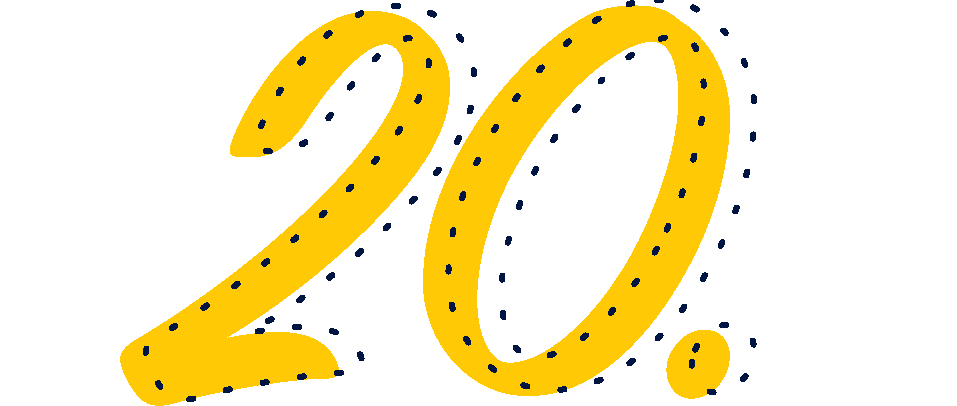
21) In collaboration with Women Deliver, the Overseas Development Institute launched an entire issue of its Humanitarian Exchange Magazine focused on best practices for addressing the needs of girls and women in emergencies, with nearly every article co-authored by a women-focused civil society organization from these contexts.
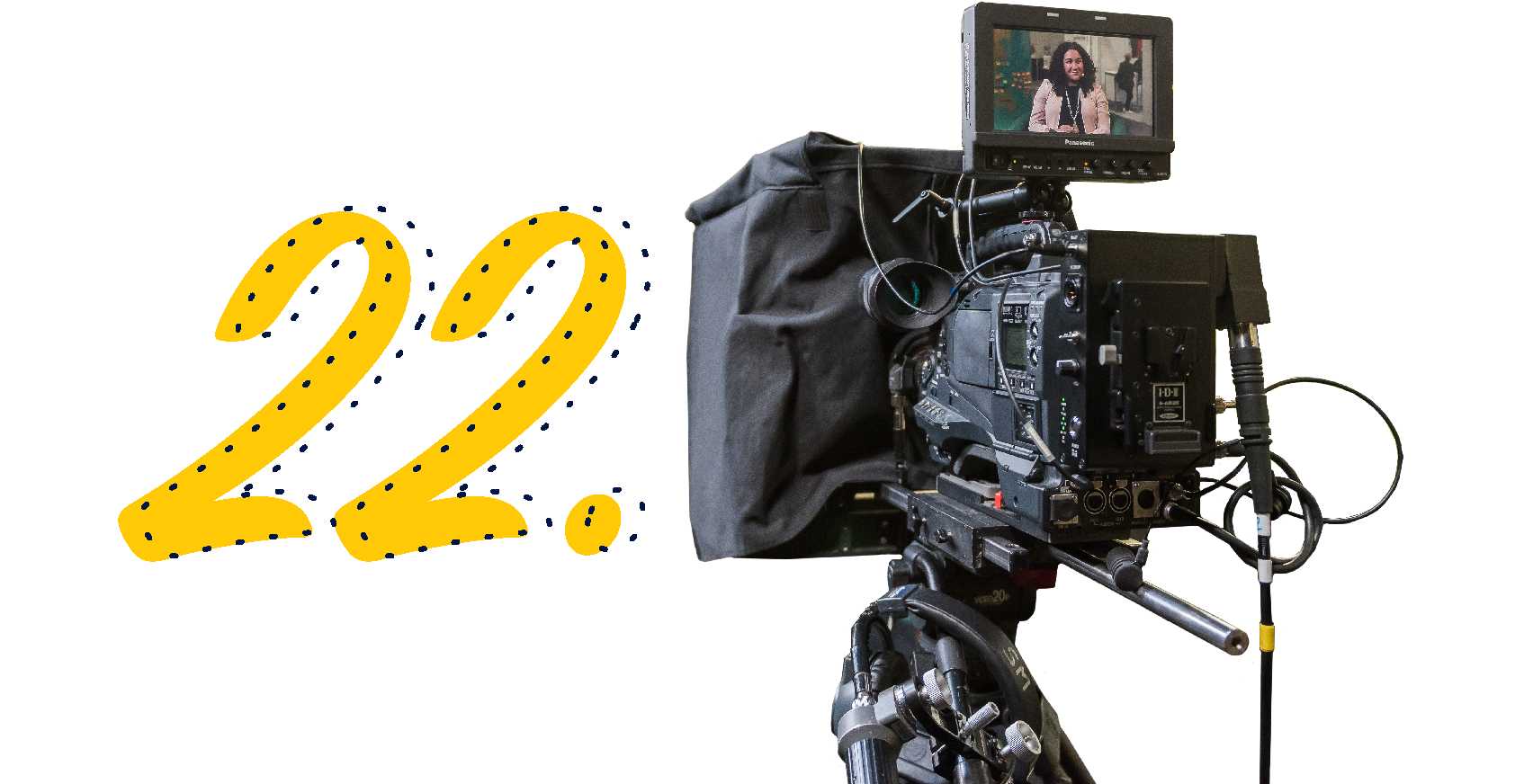
22) The conference ignited a global dialogue – organizations and individuals hosted more than 200 Satellite Events on six continents, reaching more than 83,000 participants. And WDLive, Women Deliver’s virtual conference, reached over 125,000 views to date.
23) From coast-to-coast-to-coast Canada used the conference as an opportunity to discuss gender equality. With events in every region and most provinces and territories, thousands of Canadians have joined the Women Deliver Mobilization Canada campaign over the past year to advance the conversation on gender equality.
24) Among other local activations in Vancouver, a grassroots collaboration of British Columbia-based organizations came together to host Feminists Deliver, a four day conference and trade show that shed a light on urgent issues facing the people of BC especially those who self-identify as girls and women, non-binary, and Two Spirit people, and built connections with advocates and other grassroots intersectional feminist organizations represented at WD2019. Additionally, Vancouver Mayor Kennedy Stewart and The Honourable Joyce Murray, Canada’s Minister of Digital Government and Treasury Board President, announced a funding and land contribution to kick start planning for an innovative Vancouver housing project that will be led by women, from initial planning to construction and operation. Inspired by the values of WD2019, the legacy project will be co-created with indigenous communities and local women-serving organizations to ensure that it meets the needs of women, and prioritize Indigenous women-led families.
25) At the inaugural Women Deliver Advocacy Academy training, advocates from 49 countries strengthened their skills and connections, including with parliamentarians. One advocate said, "I wouldn't say you empowered me...you showed me how I am already powerful.”
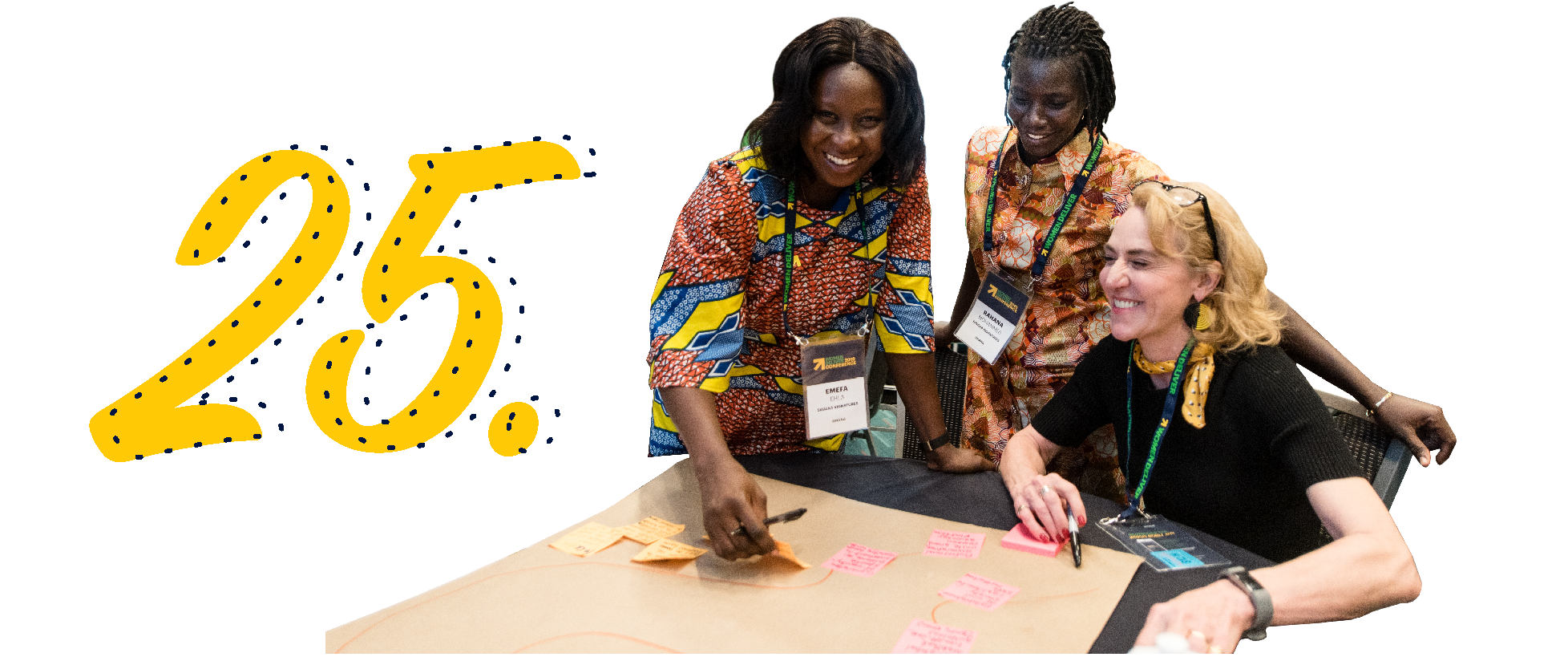
26) More than 280 reporters, bloggers, and photographers from 63 countries attended the conference – resulting in more than a thousand stories published around the world about the conference and the issues tackled. By shining such a huge spotlight on problems and solutions, WD2019 focused the world’s attention on the value of gender equality.
27) The conference reached over 6.8 million people on social media, including via the #WD2019 hashtag which was used almost 150,000 times.
28) 95% of respondents state that their knowledge of effective advocacy, tools, and processes for gender equality and girls’ and women’s health, rights, and wellbeing increased as a result of the conference.
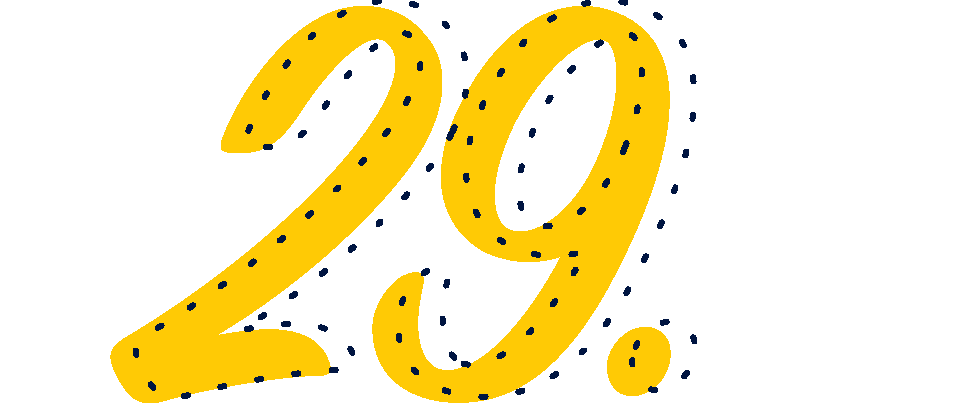
29) Delegates from over 350 private sector organizations representing a diverse set of industries including finance, health, technology, and many others attended the conference, creating a space for true collaboration and partnerships across sectors.
Women Deliver and BSR hosted the 2019 Private Sector Pre-conference How Business Can Build a ‘Future of Work’ That Works for Women which gathered high-level corporate leaders to explore the impact of several forces that are changing the nature of work such as automation, artificial intelligence, and the emergence of the gig economy. Participants delved into the specific actions businesses can take to minimize the risks to women’s employment and maximize the opportunities for women to succeed, and created a working paper that will be incorporated into a Framework for Action.
WD2019 focused on POWER, and addressed individual power, structural power, and the power of movements, and how power can drive – or hinder – progress and change. The conference challenged the power dynamics behind gender inequality, and demonstrated how we can all harness power for good.
30) The Women Deliver 2019 Conference acknowledged the barriers that are more entrenched for some girls and women than others – including indigenous populations, people with disabilities, the LGBTQIA+ community, refugees, and women of color – and addressed those unique challenges.
31) Women Deliver laid out a vision for the powerful future of meaningful youth engagement in a new and groundbreaking policy paper.
32) More than 1,400 young people registered for the conference, and about 20% of plenary speakers were under 30. WD2019 demonstrated how meaningful youth engagement can enrich discussions and strengthen outcomes: More than 90% of respondents learned something new from a young person, networked, collaborated, or appreciated an interaction they had with a young person.
33) Founders and leaders of some of the most influential movements of our time - Me Too, Times Up, Ni Una Menos, climate, labor unions, citizen journalism and others – shared a stage for the first time in history and found commonalities for the way ahead.
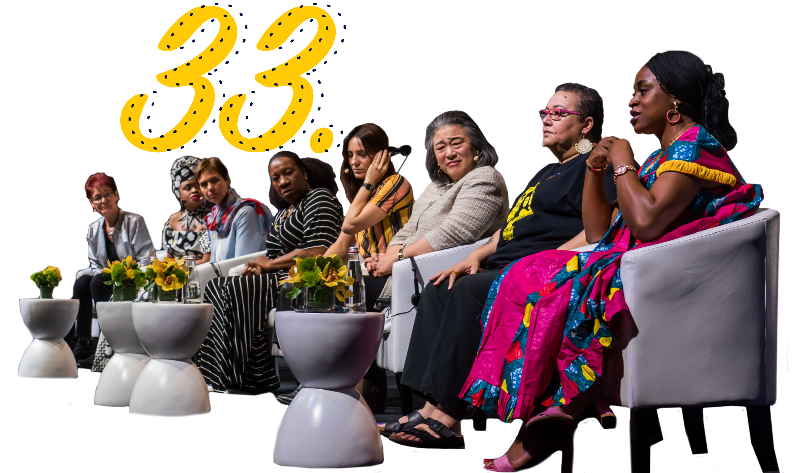
34) Women Deliver received a warm welcome from the Tsleil-Waututh, Squamish, and Musqueam Nations, and connected indigenous peoples from around the world. From Nutsamaht: We are One. Our Voices. Our Stories. Indigenous Women’s Pre-Conference, to several concurrent sessions focused on issues impacting indigenous communities, to an opening ceremony led by indigenous leaders, to the Longhouse Dialogues: a grassroots series emphasizing local, young, and indigenous voices, WD2019 addressed the interlinkages between gender equality and indigenous communities.
35) The conference itself walked the talk and demonstrated how we can redefine traditional power dynamics to deliver change for and with girls and women – including bringing together heads of state with young leaders, CEOs with grassroots advocates, and spotlighting established and emerging leaders throughout the event.
36) Women Deliver supported travel and/or registration to more than 1,000 people from across the globe – enriching the conversation with diverse perspectives and new solutions, and making sure this powerful platform was accessible to as many people as possible.
37) More than 90% of conference survey respondents say they gained knowledge on how to use their individual power to drive progress and change for girls and women.
Throughout the conference we asked: How will you use your power?
How that question is answered will set the pathway for continued impact from the conference. We’ve compiled a few ideas for how you can use your power – everything from voting with your ballot and your wallet to using gender disaggregated data in your work to mentoring girls or women who have traditionally been marginalized.
Share with us how you’re using your power, on social media using #thepowerof for a chance to be featured.
And for more inspiration, check out these videos from WD2019 – including plenaries, Power Talks, original programming, and more.
And don’t just take our word for it, click to read just a handful of the 1,000+ articles and blogs written about the conference, including from WD2019 Media Partners Thomson Reuters Foundation, Devex, Upworthy, and Daily Hive, as well as stories from around the world.
- Thomson Reuters Foundation: In Focus: Women Deliver 2019
- Devex: News and Opinion pieces on Women Deliver
- Upworthy: A teen took the stage with world leaders and unflinchingly spoke truth to power. YES, GIRL.
- Daily Hive: 'I am a woman, I have a girl': Sophie Grégoire Trudeau on why gender equality matters
- Halima Lila, Executive Director, Hope Centre for Children, Girls and women in Tanzania: 2019 Women Deliver Conference Reflection: Power, Progress and Change
- BMJ opinion, Zosia Kmietowicz: Young people at conferences—not including them is unethical
- ALiGN: Did Women Deliver 2019 actually deliver?
- Center for Global Development: Harmonization is Power: Reflections from Women Deliver 2019
- The Patriotic Vanguard: Canada’s Women Deliver 2019 legacy
- Rappler: 'Nothing about us without us:' Youth advocates on reproductive health rights
- The Times of India: Womenomics: From Japan to the rest of the world, gender equality helps everyone
- The DaySpring: Women Deliver’19 concludes in Vancouver with new commitments
- Health Policy Watch: Women Deliver Conference On Gender Equality Grabs Global Attention


